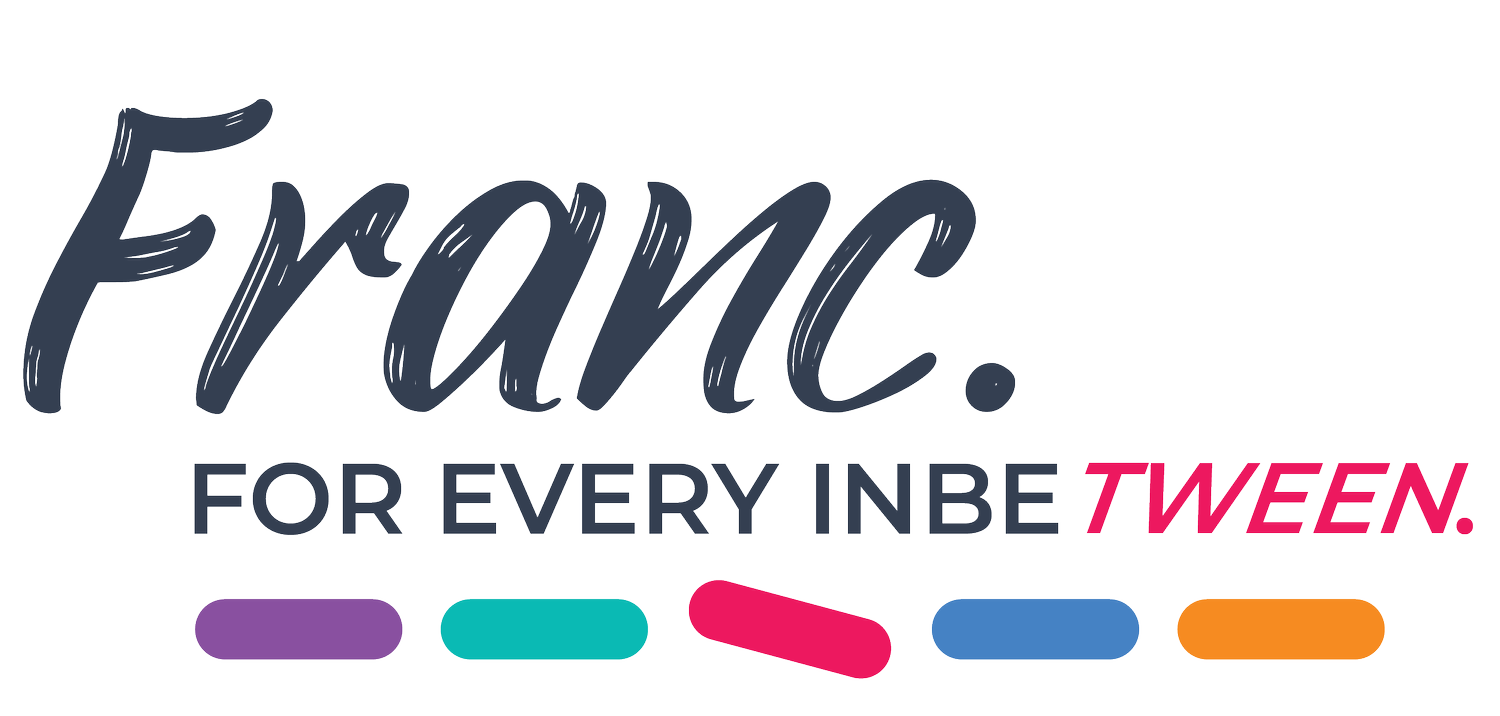PART SIX: Financial Literacy
“We do not design the school system to teach you financial literacy. Money is one form of power. What’s more powerful is financial education. Money without financial intelligence is money soon gone”
So what does this mean for the next generation of tweens and teens? They need to become financially savvy and quicksmart to keep up with the latest in fintech developments.
Growing up, moving out, trading up, settling down. Every move into adulthood requires money and yet the financial literacy of Australian young people is declining.
Indeed, in the OECD*’s 2018 Program for financial literacy assessment, data shows that the performance of Australian students has continued to fall since 2012.
Years ago, investments for a child’s future typically consisted of savings accounts and savings bonds. However, times have changed and so have investment opportunities for tweens.
Dollarmites accounts are no longer, the piggy bank in the corner isn’t yielding the returns it should and people have begun shifting towards different types of investments to make their money work for them. Between low interest rates and inflation, stocks and cryptocurrency have become increasingly appealing.
So what does this mean for the next generation of tweens and teens? They need to become financially savvy and quicksmart to keep up with the latest in fintech developments.
While we are waiting for the powers at be to make much needed change (or for us at Franc.World to do it – more on Franc.Finance to come!), there are several investment topics we can cover with our kids to raise education levels in this space – Some that you may not yet have thought about (even as adults!)…
Years ago, investments for a child’s future typically consisted of savings accounts and savings bonds. However, times have changed and so have investment opportunities for tweens. Interest rates aren’t what they used to be, so people have begun shifting towards different types of investments to make their money work for them. Between low interest rates and inflation, stocks and cryptocurrency have become increasingly appealing.
Cryptocurrency & Crypto Wallet
Investing in crypto for a child is one thing. But explaining to them what exactly cryptocurrency is and how it works is another whole story. The Reserve Bank of Australia explains cryptocurrency to a general audience in detail, but you may want to relay the information in easy-to-understand terms for tweens.
First things first though and you’ll need to setup a Crypto Wallet. Adding funds to your tween’s crypto-wallet for birthdays or holidays can help get them started. Coins are so inexpensive that it’s easy to begin with just a few dollars. A smaller investment helps minimize the risk, especially for new investors. Of course, every investment has risks and it is important to explain the risks to your tween.
Pocket Money
There’s always been a debate over whether giving kids pocket money spoils them or helps promote independence. Experts say giving kids pocket money actually helps teach them responsibility, money management, and consequences. Having tweens earn their own pocket money rather than just handing it over freely teaches them the ever-so-important life lesson that money doesn’t just grow on trees. Money is earned.
DID YOU KNOW!?
The average amount of pocket money given in Australia is $9.80 a week, according to the Finders Parenting Report 2021.
Credit Cards and Debit Cards
You can use pocket money as a chance to teach your tween the difference between credit cards, debit cards and cash. Kids often see us swiping a debit or credit card and assume money just appears like magic. It’s important for tweens to understand credit cards have set limits and interest rates. Tweens love online shopping or purchasing apps, so a prepaid credit card or debit card specifically for kids can be an excellent learning opportunity.
Shares
Shares are another strategy that can potentially provide capital growth and dividends for years to come. Although minors can’t physically trade shares themselves, it's never too early to teach the basics and generate interest. Additionally, parents, caregivers or grandparents can invest in shares on behalf of a child and the easiest way is to open an online trading account with an adult acting as trustee. There are multiple online brokers out there that can assist with this process.
*Organisation for Economic Co-operation and Development
Franc.World is not a financial adviser. You should consider seeking independent legal, financial, taxation or other advice to check how the website information relates to your unique circumstances.
Franc.World is not liable for any loss caused, whether due to negligence or otherwise arising from the use of, or reliance on, the information provided directly or indirectly, by use of this website.
NOTE: THE TWEEN GUIDES ARE DESIGNED TO PROMPT FURTHER DISCUSSION BETWEEN PARENTS/CARERS AND OUR TWEENS. ALTHOUGH THEY ARE BASED ON FACTUAL RESEARCH, WE ENCOURAGE YOU TO SEEK YOUR OWN TRUTHS AND CONSULT A PROFFESSIONAL IF AND WHEN REQUIRED.

